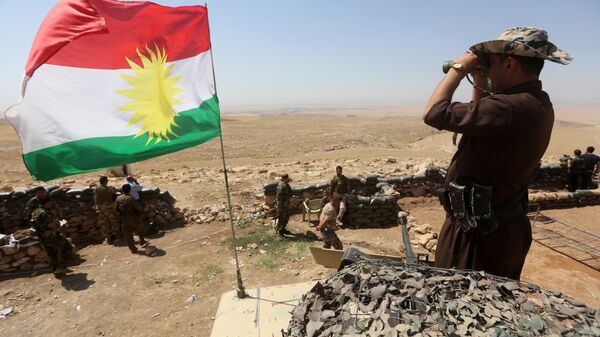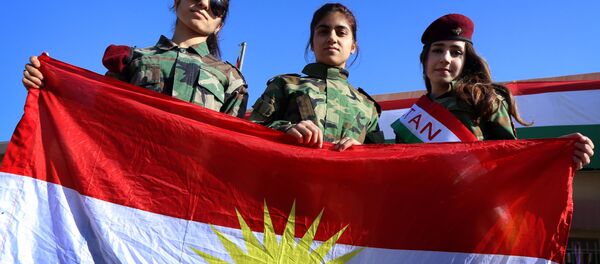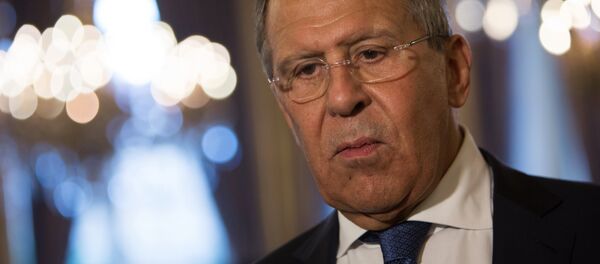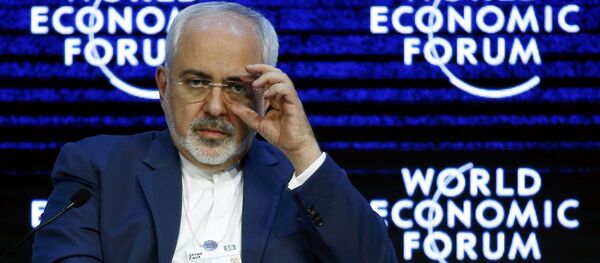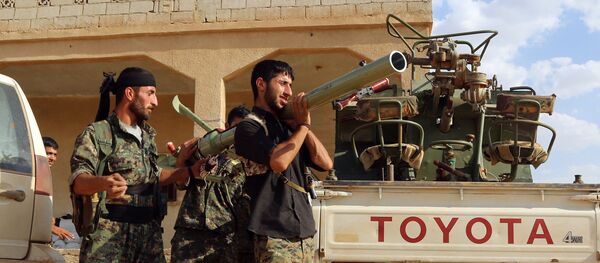The authorities of Iraqi Kurdistan will hold an independence referendum on September 25. On June 7, Kurdistan Regional Government President Masoud Barzani met with all the political parties in Kurdistan and they agreed on a September date for the vote.
The initiative has sparked opposition from the Iraqi government and Iran. Turkey also expresses concerns, fearing that the upcoming referendum would galvanize the Kurdish problem on its territory.
In July, US special presidential envoy Brett McGurk said that the Kurdistan Regional Government should not go forward with the planned referendum due to the complexities of keeping a cross-cultural, ethnic military coalition focused on its mission to defeat Daesh.
"We do not think the referendum should happen in September. Right now [Daesh] is not finished and we have to be clear about that," McGurk said at a press briefing.
According to Turkish political analyst Mahmut Bozarslan, McGurk’s statement was of a temporary nature and did not reflect the actual political situation.
"I can’t say that remark changed the balance of power in the region. I’ve talked to some Kurdish senior officials. According to them, Washington is not against the referendum and the statement [by special envoy McGurk] was of a temporary nature and served some immediate interests at the time," Bozarslan told Sputnik Turkey.
Commenting on Washington’s concerns, the expert pointed out that the US fears that if the Kurds establish an independent state the rest of Iraq would fall under the influence of Iran.
"I guess this was the main reason behind McGurk’s remarks. Taking into account the current situation in the Middle East, the US needs Kurds. So, I don’t think Washington is against the referendum. The US has invested a lot in the Kurds, including military and political support. Possibly, that statement also related to Washington’s strategy on Turkey," Bozarslan said.
"The Kurds are the only possible candidates for the role of 'boots on the ground' for the US. It is, therefore, no wonder that the Americans would try to use them in some way," The Saker told Sputnik.
The military analyst added, "That, in turn, implies that the Americans must give the Kurds something, such as a promise of some kind of more or less independent Kurdistan, to entice them to play this role."
According to Bozarslan, establishing a sovereign Kurdish state would serve Washington’s long-run plans for the Middle East.
"The US signals that its wants Iraq to be a federative state, but in fact Washington would prefer an independent Kurdish state over the weakened and politically unstable Iraq. Moreover, such a scenario would comply with Washington’s plan in the Middle East in the long run," he suggested.
"This may be another reason behind McGurk’s remark. On the other hand, I think that despite such serious concerns the US will not oppose the vote," the expert said.
In conclusion, Bozarslan assumed that if the referendum takes place its result would have an immediate effect on the Kurdish problem in Syria.
"Despite the fact that Damascus is focused on its domestic issues, the upcoming referendum in Iraqi Kurdistan is a matter of concern. If Kurds establish an independent state in Iraq this would immediately echo in Rojava [a de facto autonomous Kurdish region in northern Syria]," Bozarslan said.

